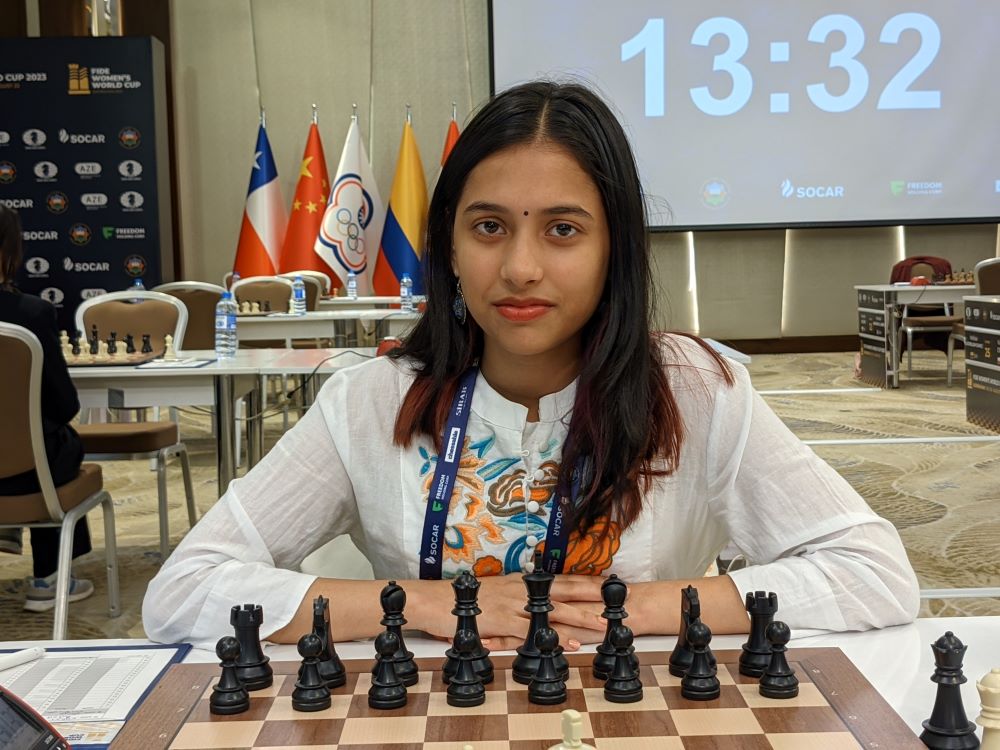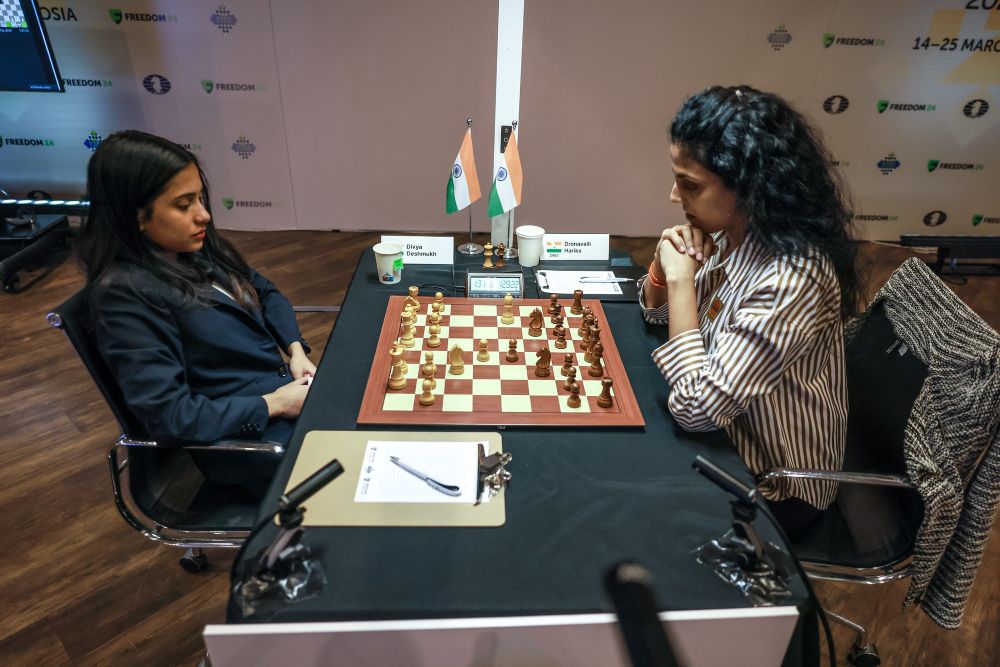The Taliban’s recent decree to ban chess in Afghanistan, labeling it “haram” under Sharia law, has shocked the global chess community. This move, driven by claims that chess promotes gambling, reflects the regime’s broader agenda to suppress intellectual pursuits. By targeting a game that fosters critical thinking, the Taliban bans chess as they reveal its opposition to knowledge, growth, and development.
Intellectual Loss as Taliban Bans Chess
The Taliban’s Ministry for the Propagation of Virtue and Prevention of Vice issued the ban on May 11, 2025, suspending all chess activities indefinitely. Atal Mashwani, a Taliban sports directorate spokesperson, stated, “Chess in Sharia is considered a means of gambling.” This rationale has drawn criticism, as chess thrives in other Muslim-majority nations without issue. Sulaiman Ahmad Ashrafi, a former Afghan chess player now in exile, argued, “Chess is not haram for other Islamic countries. Why is chess dangerous for the Taliban? Because it improves knowledge and IQ.”
Chess has deep roots in Afghanistan, with a history spanning over half a century. Before the ban, the Afghanistan National Chess Federation (ANCF) organized weekly tournaments, including FIDE-rated events across 28 provinces. The country boasts 528 registered players, including five FIDE Masters. However, the ban has halted this progress, leaving venues like the Kabul Elite Chess Club empty.
Also Read: From Taliban Ban to Saudi’s Esports Stage: Chess Thrives in Islamic Heritage
Fear and Suppression in the Chess Community
The sudden enforcement of Taliban chess ban has instilled fear among players. The lack of clear legal consequences creates a “jungle law” environment, where authorities can impose arbitrary punishments. Ashrafi added, “They will check your mobile. If they find a picture from the previous leadership, they’ll slap you with another charge.” This climate of surveillance stifles even private chess games, forcing players like Shuja to play secretly at home.
The Taliban’s history of restricting cultural and sporting activities compounds the issue. Since 2021, women have been barred from all sports, and mixed.
Also Read: Magnus Carlsen Battles 143,000 Minds in Historic Freestyle Chess Clash










